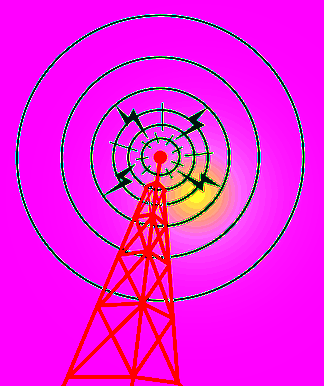3G issues continue
 The recent shutdown of Australia’s 3G network has not gone as smoothly as it could.
The recent shutdown of Australia’s 3G network has not gone as smoothly as it could.
Complaints have been raised by mobile users who say they were left unexpectedly without access to basic phone services, even on devices sold as 4G- and 5G-compatible.
The shutdown, which began nationally on 28 October, aimed to repurpose the 3G frequency for the expanding 5G network.
However, some consumers have found that their relatively new phones, still available at local retailers, now lack network support - and in some cases, emergency call functionality.
Telecommunication companies are under a new mandate from the Australian Communications and Media Authority (ACMA) to block devices that cannot call emergency services on 000.
This regulatory direction is intended to prevent scenarios where users might mistakenly believe their phone could connect in emergencies.
As a result, the telcos, including Telstra and Optus, are blocking phones sold as 4G or 5G-enabled if they cannot independently handle emergency calls.
Despite preparations and notifications, including mass alerts via SMS, email, and phone messages, some consumers report that their 4G-compatible phones unexpectedly lost connectivity following the shutdown.
The Australian Competition and Consumer Commission (ACCC) is scrutinising retailers to ensure they do not mislead consumers by selling devices incompatible with the post-3G network landscape.
“Under the Australian Consumer Law, businesses must not mislead consumers, including by omitting information that is materially important to a consumer's decision,” the regulator has told reporters.
The ACCC says selling a non-functional device after the shutdown could be a breach of consumer guarantees, depending on the specific circumstances.
The shutdown has also raised connectivity issues for rural residents.
Some farmers report noticeable declines in mobile signal quality, particularly in remote areas, challenging Telstra’s assurance that the 4G network would cover the same areas previously served by 3G.
This shortfall is attributed to the ongoing repurposing of the 3G spectrum for 5G expansion.
To address the gaps left by the shutdown, ACMA requires telecommunications providers to inform affected customers of alternative options, including affordable or free handsets that meet the emergency call requirements.
Optus and Telstra have offered discounted or free replacements, aiming to minimise disruptions.
As regulatory bodies and telecommunications providers work to manage the post-3G transition, consumer groups are advocating for greater transparency from retailers regarding which devices are compatible with the new network requirements.








 Print
Print